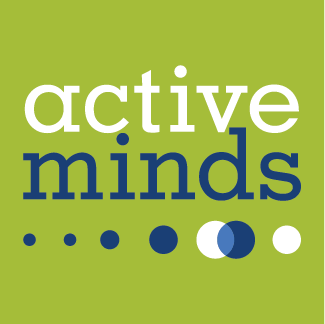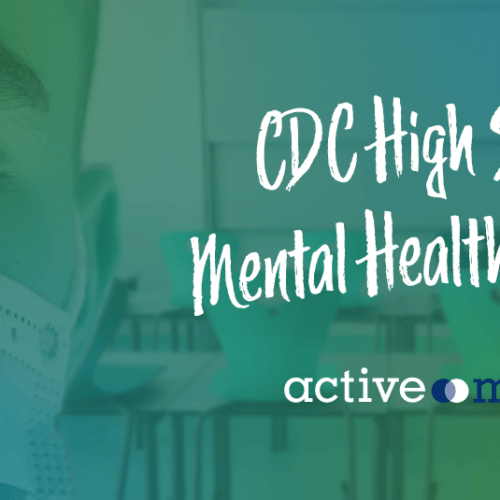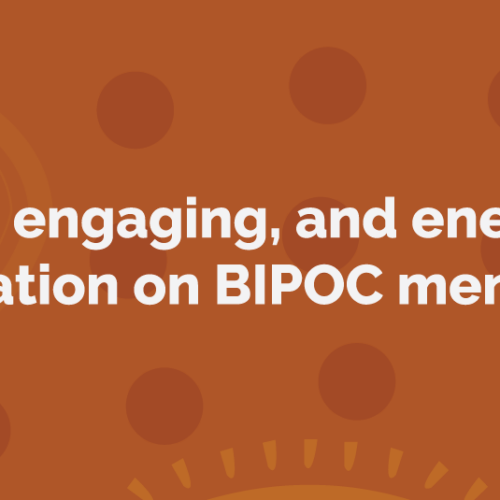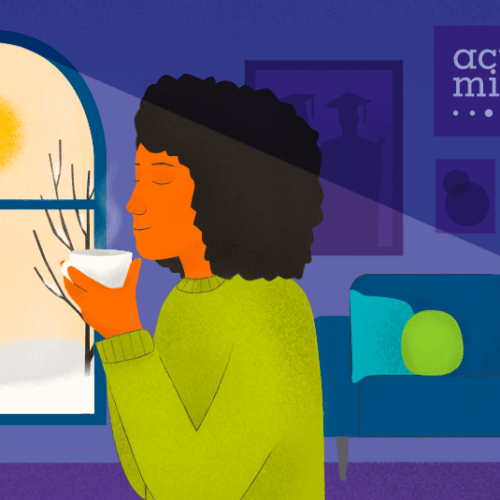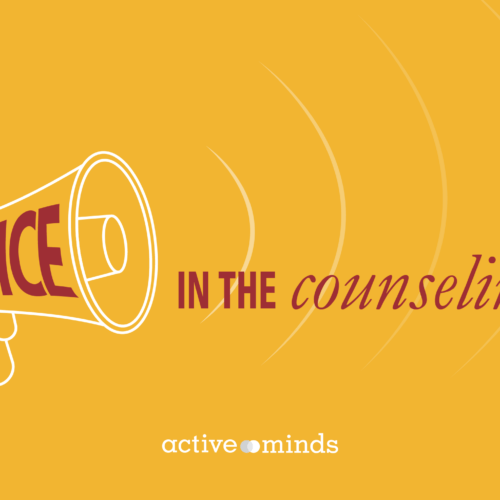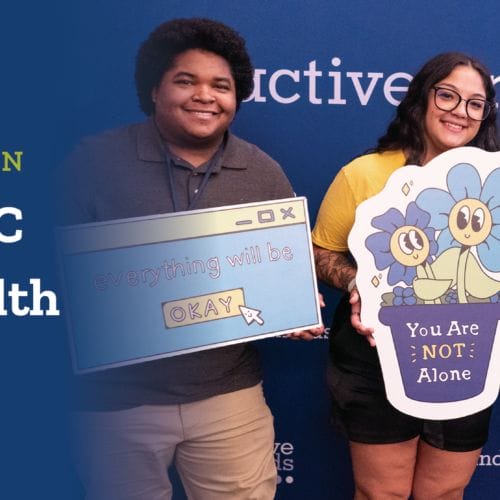Content Warning: This piece contains mentions of suicide statistics.
When the COVID-19 pandemic began, many were concerned about how it would impact youth mental health, especially high school students. The disruption of daily life, the pivot to distance learning, and the stress of the ever-changing mutations of the virus led to many young people experiencing poor mental health outcomes. The Center for Disease Control has recently released new data that confirms the fears we initially had. It highlights the mental health of high school students across the country during the pandemic and shows how certain groups of students have been impacted more than others. From the study, one in three high school students reported poor mental health during the pandemic, 44% of youth reported feeling “persistently sad or hopeless during the past year,” and one in five stated that they had contemplated suicide. The results pull back the curtain on what youth have been navigating during this time, and while these findings are alarming, they highlight the need to continue working with teens and young adults, parents and caregivers, educators, schools, and community leaders to provide more support for and awareness of mental health.
In addition to the broader statistics previously mentioned, the study also shed a light on how historically marginalized groups saw their mental health negatively impacted by the pandemic. Over the past two years, we have seen communities impacted by racism and racist systems that have perpetuated the oppression of Black people and other marginalized communities. 36% of youth have reported experiencing racism before or during the pandemic, with the highest levels reported by Asian students (64%) and Black and multiracial students (both 55%), which contributed to reported poor mental health. Students have also reported being treated badly or unfairly in school because of their race or ethnicity. Even as recently as in the past month, we have seen states proposing and adopting anti-lesbian, gay, bisexual, transgender, and queer (LGBTQ) legislation. This legislation may be a small piece as to why 75% of lesbian, gay, and bisexual youth and 68% or other or questioning youth reported persistently feeling sad or hopeless during the past year. Students are listening to and internalizing discrimination, whether it be based on race, gender, or sexual identity, further impacting their mental health negatively.
These statistics are hard to read. Despite the grimness they present, we at Active Minds are inspired by knowing that youth and young adults are continuing to work tirelessly to change the conversation and culture around mental health. Teens and young adults understand the connection of seemingly outside factors like food insecurity, unstable housing, or poor access to healthcare that impact mental health and know that these factors can’t be ignored when advocating for more awareness and support. They are creating spaces to educate others about mental health by starting an Active Minds chapter and using the Peer-Powered Mental Health Curriculum for High Schools to empower and prepare their peers with the knowledge and skills to start conversations about mental health. They are supporting their school administration in developing and finding resources and initiatives to help connect their peers with the tools they need to be successful, and students such as those who participated in the Mental Health Advocacy Academy are advocating for school policies that increase the number of school mental health professionals in their schools, allow for excused absences for mental health, and to promote inclusive environments through adopting anti-discrimination policies.
We can acknowledge that the obstacles that youth have navigated over the past two years have been disruptive to their daily lives and at the same time, we must champion the efforts youth are making to do something to change the way we approach mental health in schools and communities. Addressing the youth mental health crisis begins with amplifying young voices and allowing them to be a leader in the change. Active Minds is committed to being a resource and ally in this journey as teens and young adults continue to empower one another to destigmatize conversations about mental health.


